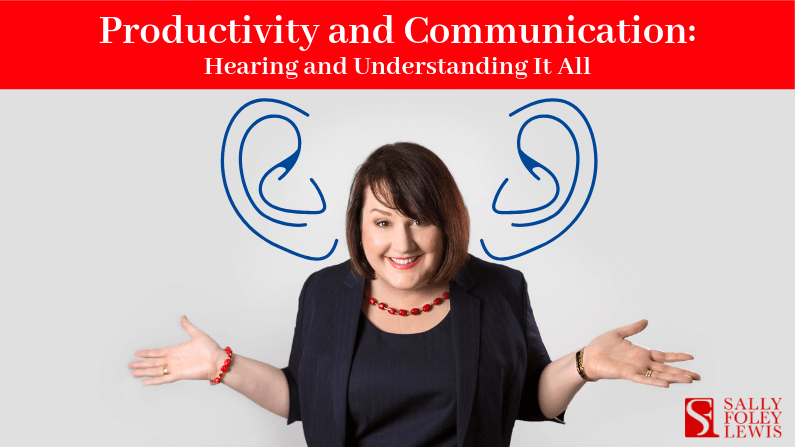On my last trip to the US, I added a few vacation days to check out Sedona. Being the typical tourist I looked for all manner of tours to take to see as much as I could in the few days I had. I found a helicopter ride tour and instantly booked it. I was so excited.
When it was time to jump in the car and head to the airport the guy in charge said, “We’ve had to change helicopters, you’ll be going in a doors-off helicopter, is that okay?” My response was “Sure.” I heard what he said but I didn’t listen and understand. I was so caught up in the excitement of going on the trip and the change of plan was not stopping me from having a helicopter experience.
It wasn’t until I was seated, belt on, headphones on … whoa … where are the doors?!?!?!?!?!
Talk about a lesson in listening.
I white knuckled it the whole way and thankfully I got lucky, the experience really was fantastic, I reckon even better than if the doors were on. Check out the videos:
From the International Listening Association:
The average person talks at a rate of about 125 – 175 words per minute, while we can listen at a rate of up to 450 words per minute (Carver, Johnson, & Friedman, 1970).
On average, viewers who just watched and listened to the evening news could only recall 17.2% of the content when not cued, and the cued group never exceeded 25% (Stauffer, Frost, & Rybolt, 1983).
In a dynamic, conversational listening task, where people must remember a series of related questions and respond to them, people can remember and respond to 2.946 items (Janusik, 2004).
Listening and Productivity
This demonstrates clearly that there’s room for improvement when it comes to listening. And while you work on improving your listening, when sharing information it’s critical to also ensure your message is being understood. Both the sender and receiver need to take responsibility for ensuring the message sent is understood as it is meant to be.
Clear and complete communication means less misunderstandings, less errors, less delays due to confusion or procrastinating. The better the communication – including listening – the better the productivity.
Listen more than you talk. Nobody learned anything from hearing themselves talk.
Excitement, frustration, stress will impact the quality of listening. When you are more present and paying attention to the person you’re speaking with you might pick up on clues and cues as to where that person’s head is at and make adjustments to ensure you are truly heard!
While I got lucky with the helicopter ride around Sedona, we both know luck is not something to rely on if productivity, cost and time effectiveness and waste reduction are important. Listening fully, checking understanding, contributes significantly to productivity.
I’d love to know your thoughts …




